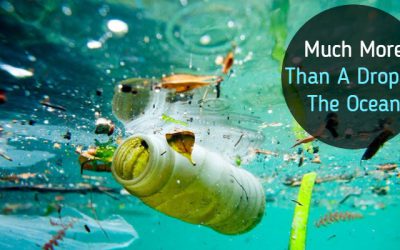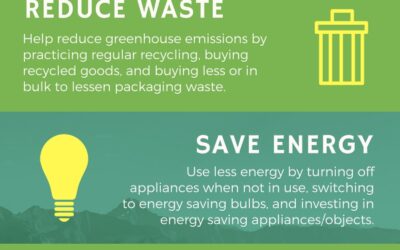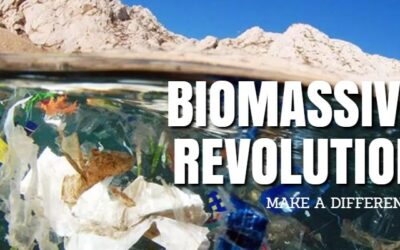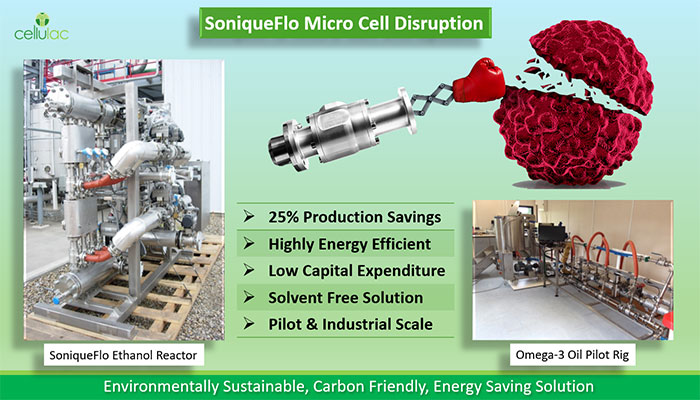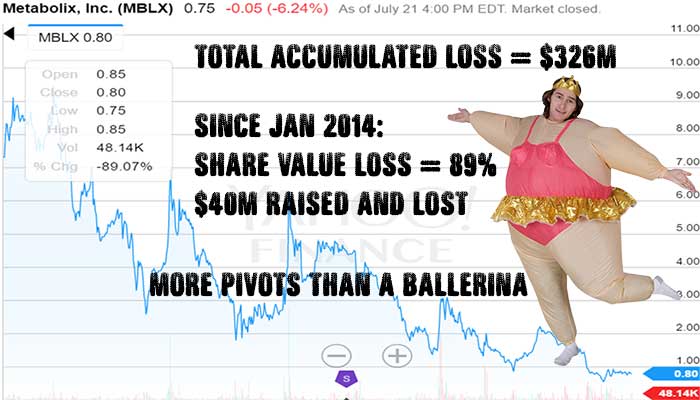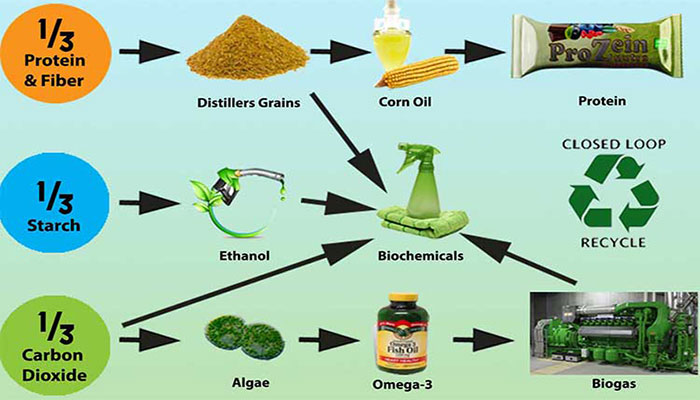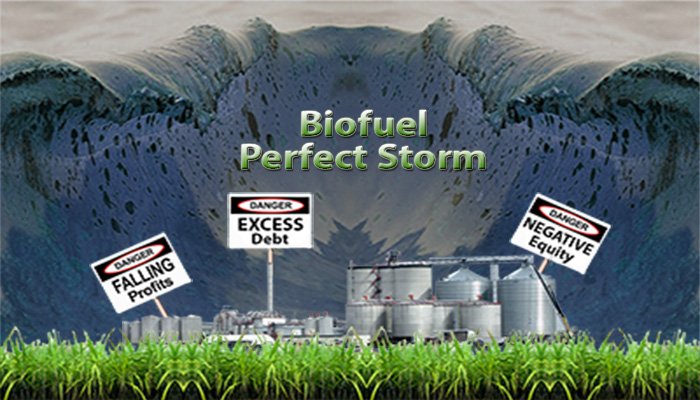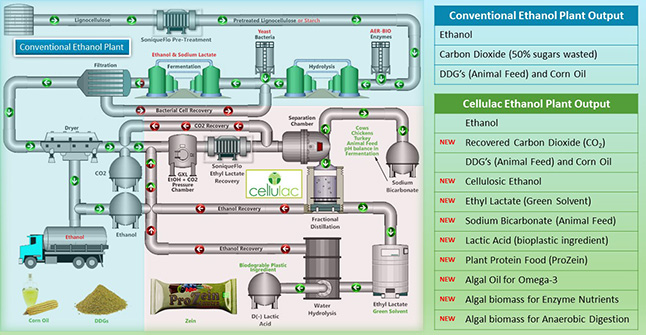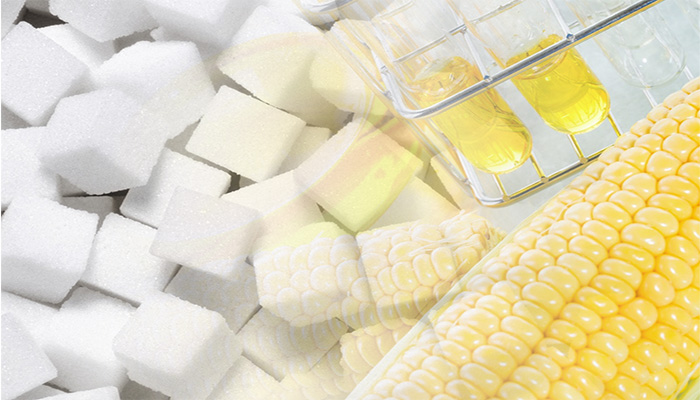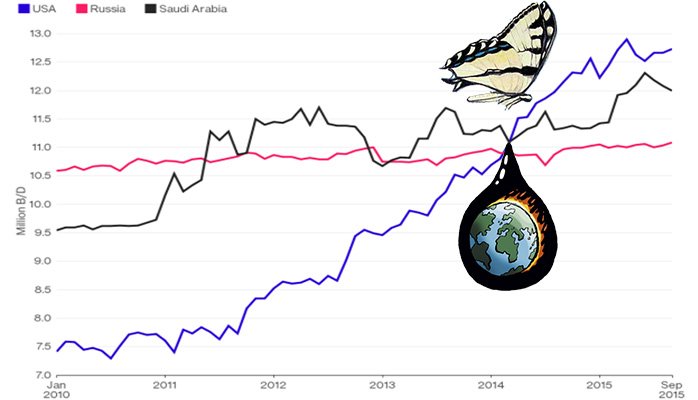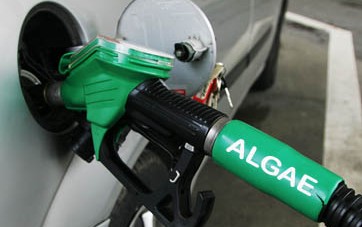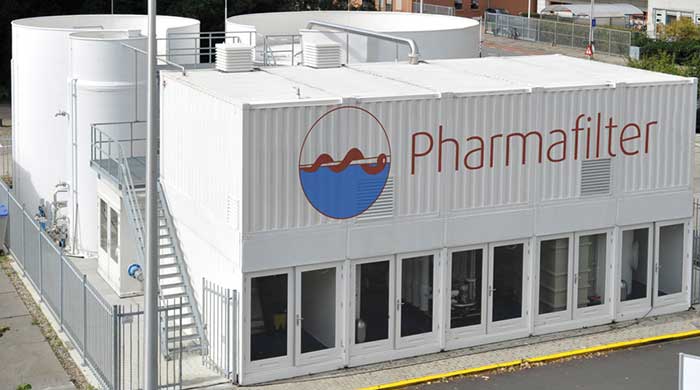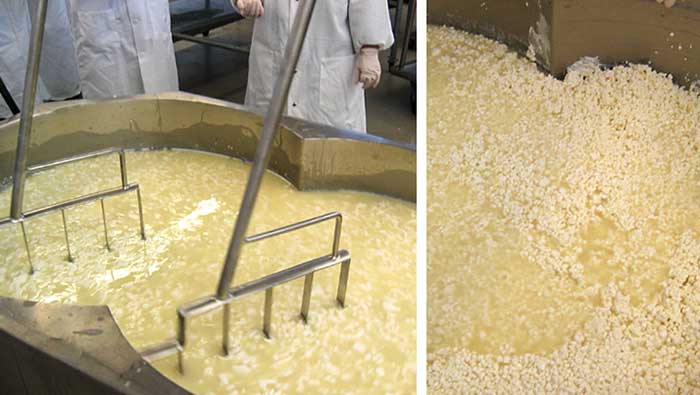Irish Start-Up Secures 2.8 million Euro from EU Commission
EU grant to Cellulac indicates the high-commercial potential of their product – Sherlock
Galway based Greentech company, Cellulac, has received a grant for a record €2.8m from the European Commission to commercialize its biorefining technology that converts agricultural waste into lactic acid. Cellulac is a high-potential start-up client of Enterprise Ireland which supported the company in its bid for this significant grant. Lactic acid is used in food and beverages, cosmetics, pharmaceuticals, biodegradable plastics and other industrial sectors. It is a growing €4Bn pa market and is expanding at a rate of 19% per year.
Ramp Up Production
The EU grant approval will be used to ramp up mass production capability.
Cellulac will create 14 high-quality jobs and will be recruiting graduates from the life sciences and engineering sectors to grow its research base in Ireland.
Congratulating Cellulac on its win, Seán Sherlock T.D. Minister for Research & Innovation said;
“The size of the EU Commission grant for the Cellulac project indicates the high-commercial potential of the finished product – Lactic acid and the importance of biorefining as a future growth industry. I am delighted to see one of Enterprise Ireland’s high-potential start-up clients make such a strong impression in this EU initiative, which seeks to bridge the gap between research and the market. Both the Irish Government and the EU Commission are encouraging SMEs to convert good ideas for innovative products, services and processes that protect the environment into fully-fledged commercial prospects so I am particularly encouraged by Cellulacs’ success”.
Speaking about the EU grant approval Fin Murray, Cellulac CEO said;
“This win and our confidence that Cellulac will be filling key R&D roles locally is a testament to the investment poured into the development of the life sciences and green tech sectors over the last number of years. GMIT, NUI Galway and the Technology Centre for Biorefining and Bioenergy supported by Enterprise Ireland and IDA Ireland, will prove to be key supports for greentech companies like ours”.
Enterprise Ireland’s CIP Eco-innovation National Contact Point Mark Sweeney said
“We are delighted with this success for an Irish company under the CIP Eco-innovation Programme. The 2012 call is open soon and we are actively looking for companies with innovative products and processes that reduce environmental impacts”.
Any interested companies should contact mark.sweeney@enterprise-ireland.com for more information.
ENDS
Editors Notes
About Cellulac
Cellulac is an Enterprise Ireland supported startup specializing in research on the use of biomass as an alternative to petroleum and feedstocks in the production of lactic acid. In 2010, the company successfully produced 1 tonne of high-quality acid from wheat straw at an industrial plant in Germany. Patents were filed and continue to be filed for this technology in key territories around the world. In 2012 the EU approved a grant of €2.8m for the further development and commercialization of the technology.
EU Commission
The grant falls under the EU Commission’s Competitiveness and Innovation Framework Programme’s, Eco-Innovation initiative (CIP Eco-innovation) – First Application and Market Replication Projects and is managed by the Executive Agency for Competitiveness and Innovation in cooperation with DG Environment.
Lactic Acid
The Food & Beverages Industry constitutes a major market, driving growth. It is also a key ingredient in the Pharma, Chemical, and Medical sectors. It is used as a key ingredient in pharmaceutical products such as intravenous solutions, moisturizers, shampoos, anti-aging skin creams, and soaps. Food additives constitute a large application area for lactic acid globally. Biodegradable plastics represents the fastest growing end-use application for lactic acid.
In China as well as other Asian countries demand is outstripping supply. The United States represents the largest region for lactic acid worldwide. Growth-wise, Europe is projected to be the fastest growing regional market
With demand for lactic acid-based biopolymers expanding at the cost of conventional polymers on counts of environmental friendliness, easy recyclability and cost-effectiveness, the emergence of new lucrative opportunities are portended for lactic acid consumption in the coming years.
Integumen License Ageement
Today, Cellulac announces that it has signed Heads of Terms to enter into a commercial technology agreement with Integumen (LSE: SKIN). In addition, Integumen has conditionally agreed to acquire 9.35% of the issued shares of Cellulac. Gerard Brandon and Camillus...
What are you doing about ocean pollution?
To many people watching Sky News and their #OceanFree Campaign, you would think that removing plastic from the oceans will be enough to resolve the problem. Sadly, this is not the case. The oceans ability to provide food from fisheries and aquaculture is...
Climate Change Our Bit Infographic
[TheChamp-FB-Comments style="background-color:#f7f7f7;" title="Leave a Comment"]
Biomassive Revolution
It's just not your fault What if I were to tell you that it is not your fault that the seas are polluted with plastic that the fish and whales are consuming? In the same way, I can say that it is not your fault that over-fishing is destroying future fish...
Daring to Dream Big
The definition of insanity is doing the same thing over and over again and expecting a different result - Albert Einstein Another 300 million tonnes of plastic every year Since World War II we have consumed 5 billion tonnes of plastic, much of which has ended...
Low Energy Microalgae to Biofuel at Commercial Scale
Food and Fuel for the 21st Century Microalgae have come to the attention of the industrial and academic community over recent years because of their ability to harvest the energy of the sun and provide valuable molecules that offer great potential to provide...
Cellulac Formally Requests Metabolix Shareholders to Consider Merger Proposal
Cellulac merger proposal to Metabolix worth $40m in assets and offtake agreement of $38m rejected in favor of closing biopolymer business and spending $35m over 7 years on crop science project with no revenue. DEAR METABOLIX SHAREHOLDERS London, UK. 25th...
Extracting real value from the Ethanol Industry
Hybrid Solutions There is no need to reinvent a billion dollar wheel of bio-industrial experimental development. True value can be extracted and integrated as hybrid synergistic solutions from the best-in-class of what already exists. Over the last 10...
Have we Reached Peak Biofuel?
Is there really an energy security risk? Former NATO Secretary General Anders Fogh Rasmussen is calling on Europe to increase the production of biofuels from an energy security perspective because of geopolitical risks. This is a tough ask if such increase in...
Biofuels Perfect Storm
Biofuels Perfect Storm Since August 2015, ethanol has traded at a premium to gasoline which is unusual by historical standards. This is likely to continue until oil prices rebound into the $45-50 per barrel range. Even with this situation, 2015 ethanol...
Ethanol Industry is not too big to Fail
Phonetically speaking we know the two things that are guaranteed are death and taxes. However debt can be the precursor to death for not just companies, but industries. The ethanol industry, reading through the last 2 years of SEC filings by ADM, indicate that...
High Corn Crush Margin Ethanol Plant Solution
The ethanol industry has only been around for the last few of decades, though in its present state it takes centuries of fermentation knowledge to achieve the same output of ethyl alcohol (ethanol).Today, there are by-products or side-streams, such as distilled...
Corny Problem for EU Sugar Producers
The abolition of sugar quotas in 2017 will have such a profound effect on EU sugar producers, used to super profits under the EU supported Common Agricultural Policy (CAP), that many smaller producers will be subject to consolidation or have to cease...
Big Oil Can’t Alter Climate Change
In a recent major MIT Study (Covert, Thomas, Michael Greenstone, and Christopher R. Knittel. 2016. "Will We Ever Stop Using Fossil Fuels?" Journal of Economic Perspectives, 30(1): 117-38. ) it was shown that approximately 65 percent of global greenhouse gas...
Butterfly Effect of Oil Price on Renewables
The butterfly effect is a concept that small causes can have large effects. Initially, it was used with weather prediction but later the term became a metaphor used in and out of science. Now it can easily be related to a single decision made by a Saudi Oil...
Cellulac Acquires Aer Sustainable Energy (Aer-Bio)
10 fold saving in enzymes, 4 fold increase in algae oils within 2 hours reducing the process costs of Omega-3, animal feed and biofuels Dublin, Ireland, 18th May 2015: Cellulac, the industrial biochemicals company, today announces the acquisition of Aer...
5 year, €35m Pharmafilter Partnership with Cellulac
Partnership delivers 2nd generation bioplastics supply chain solution for hospitals Dundalk, Ireland and Amsterdam, The Netherlands, 30th March 2015: Cellulac, the industrial biochemicals company, and Pharmafilter, a provider of integrated waste management...
Lactic Acid from Lactose Whey in World First Continuous Production runs
Cambridge, UK. 19 May 2014: Cellulac, the industrial biochemicals company is delighted to announce the world’s first ever industrial level continuous production of lactic acid from deproteinized lactose whey. Our 10 day production run concluded this week and...



